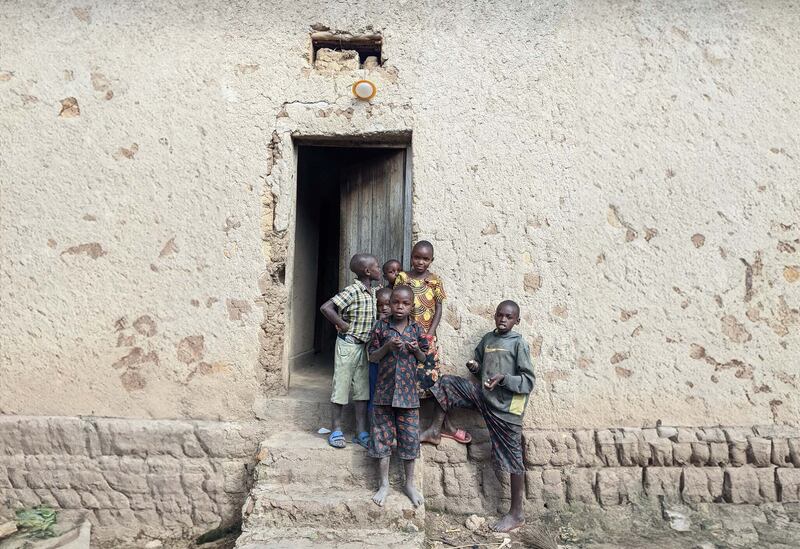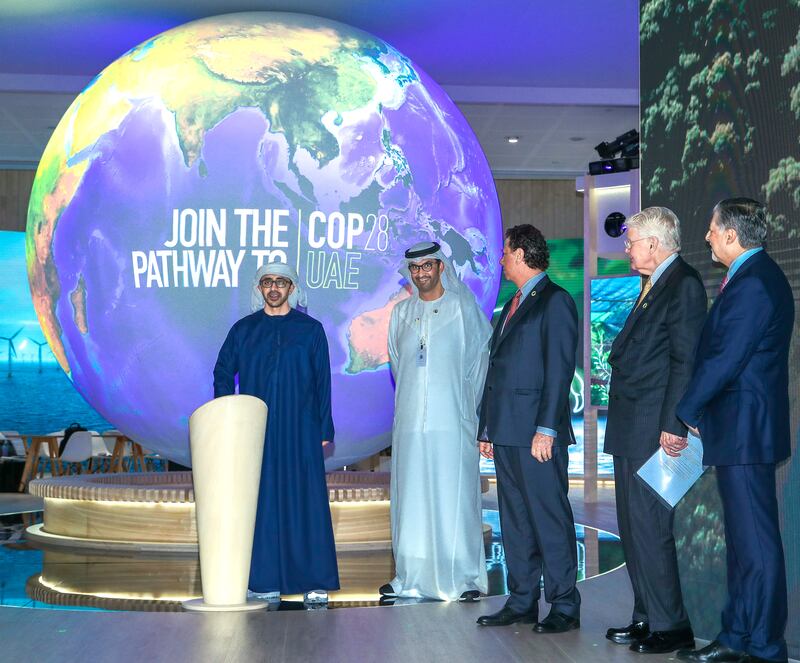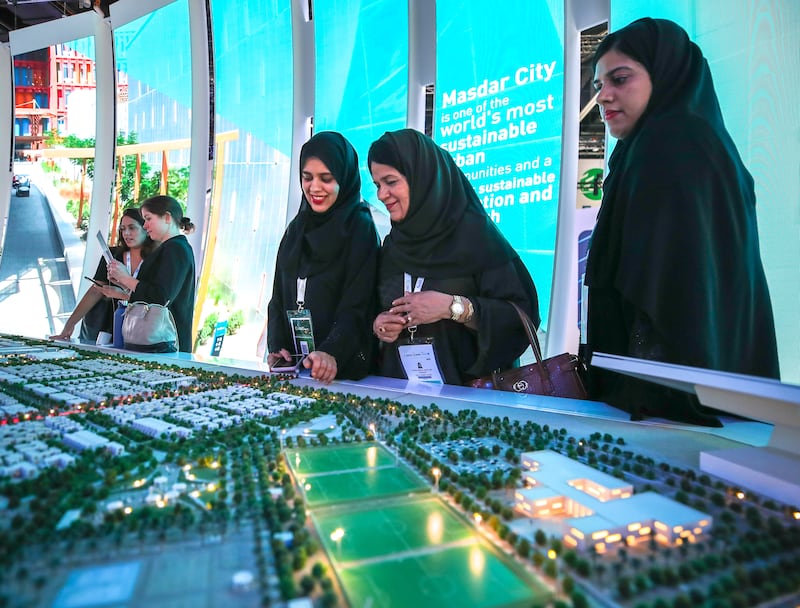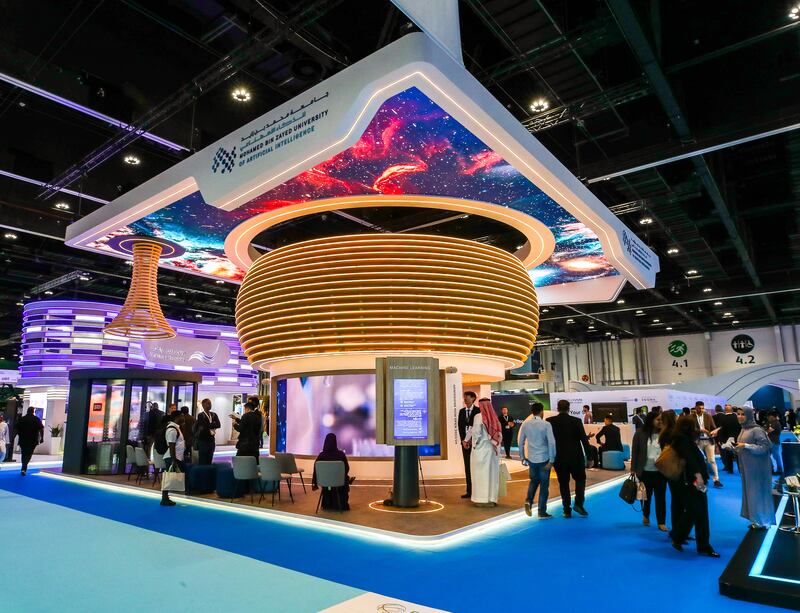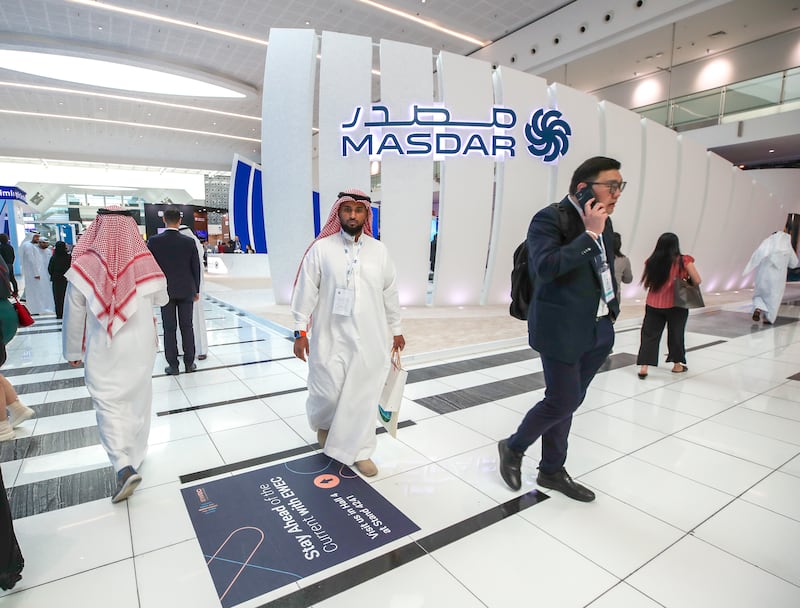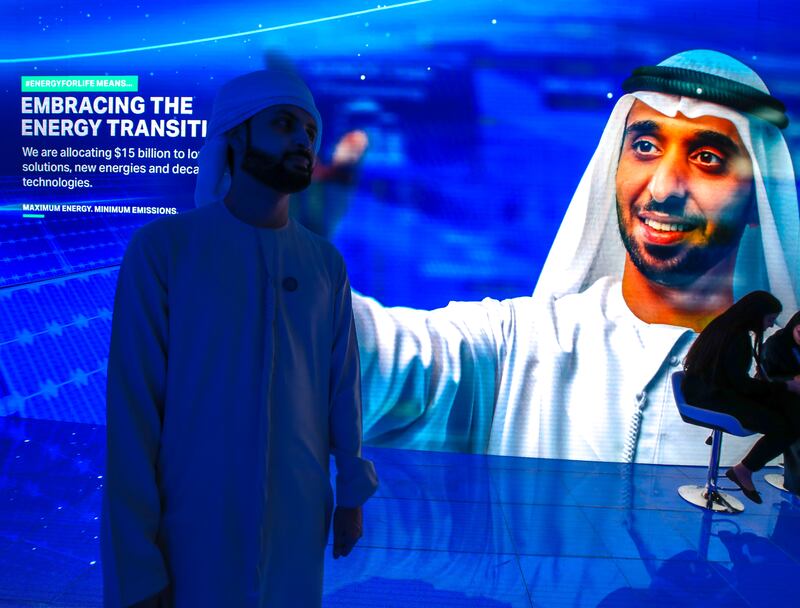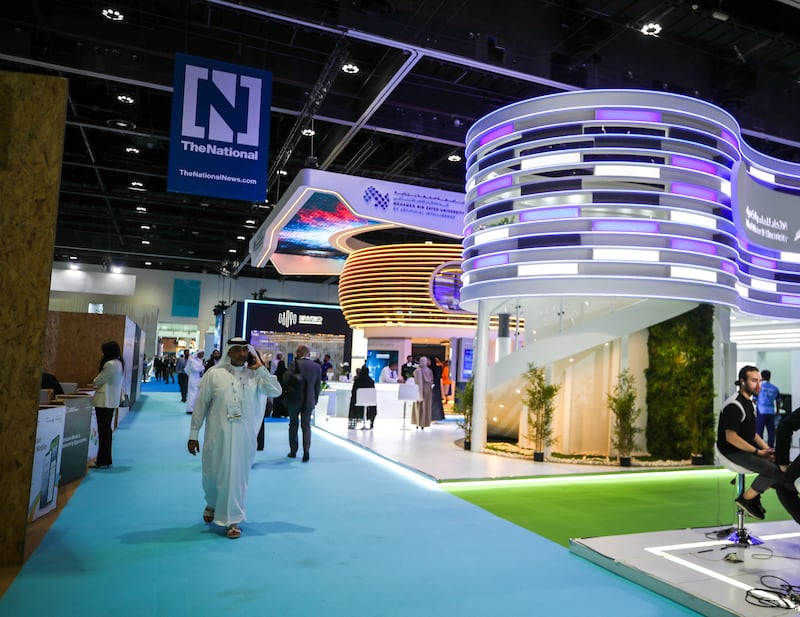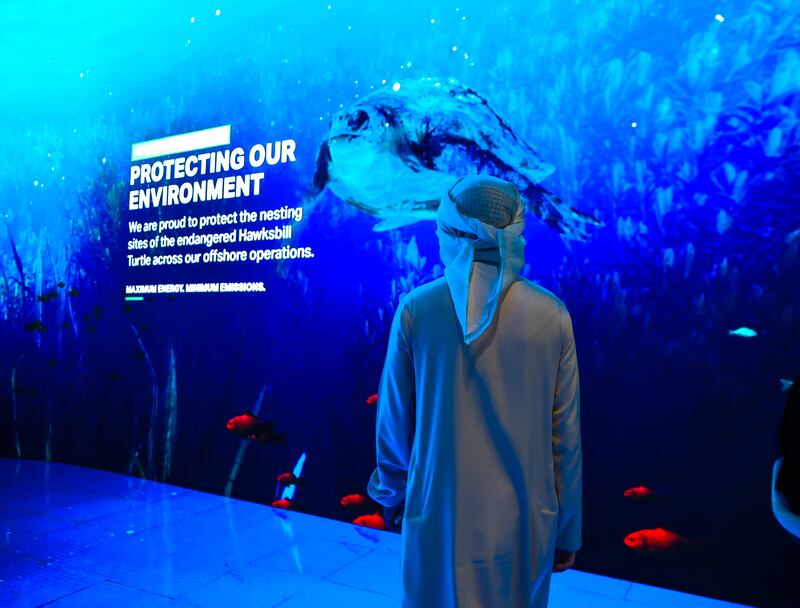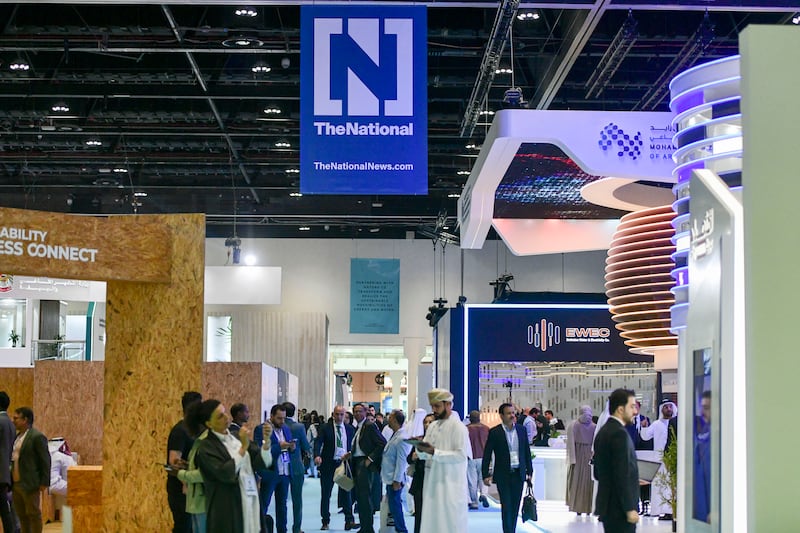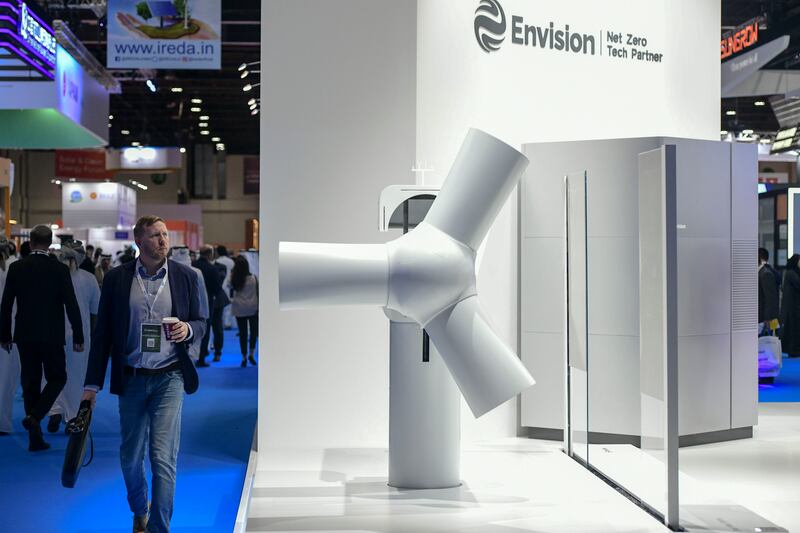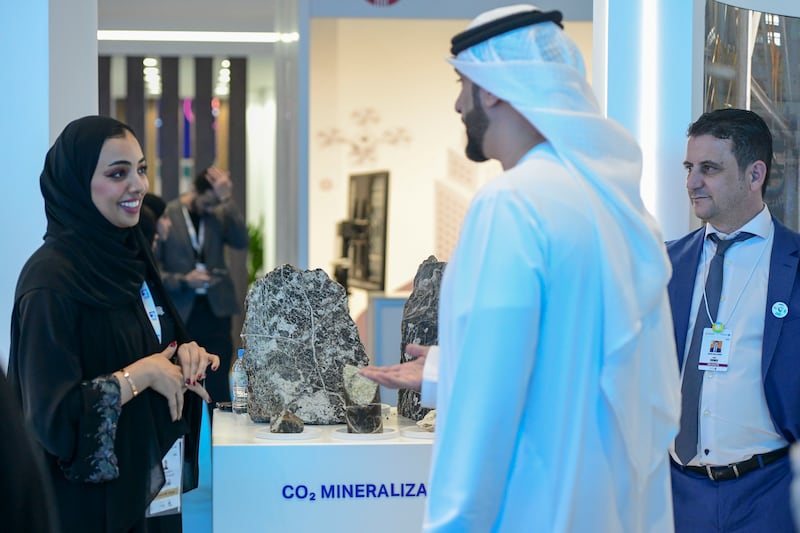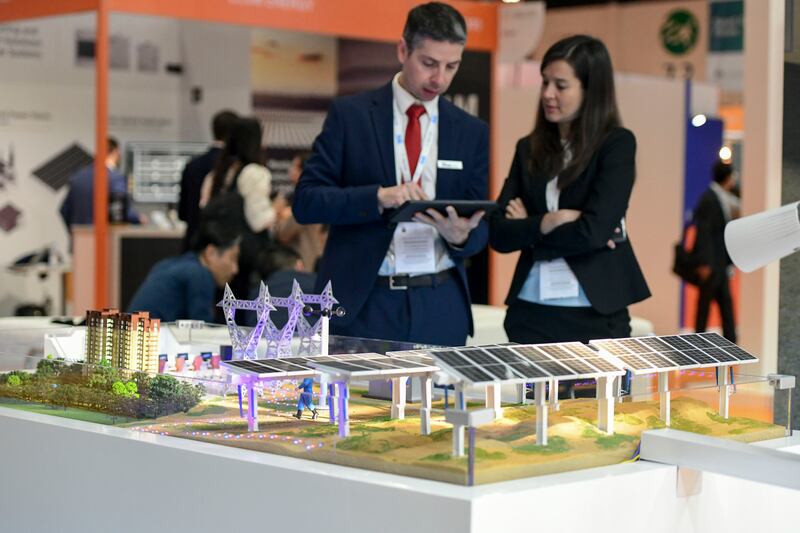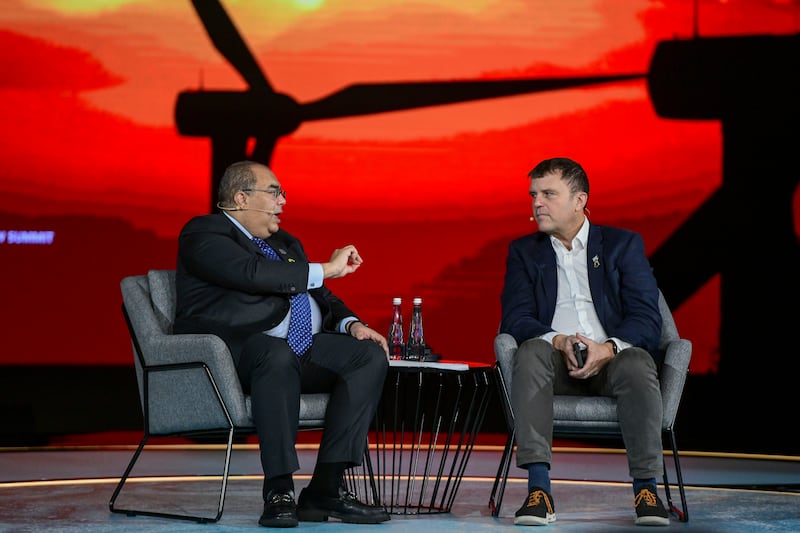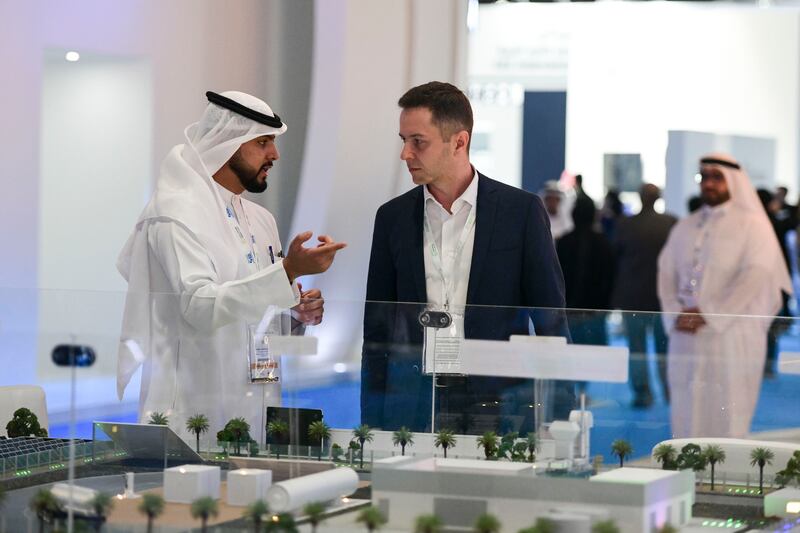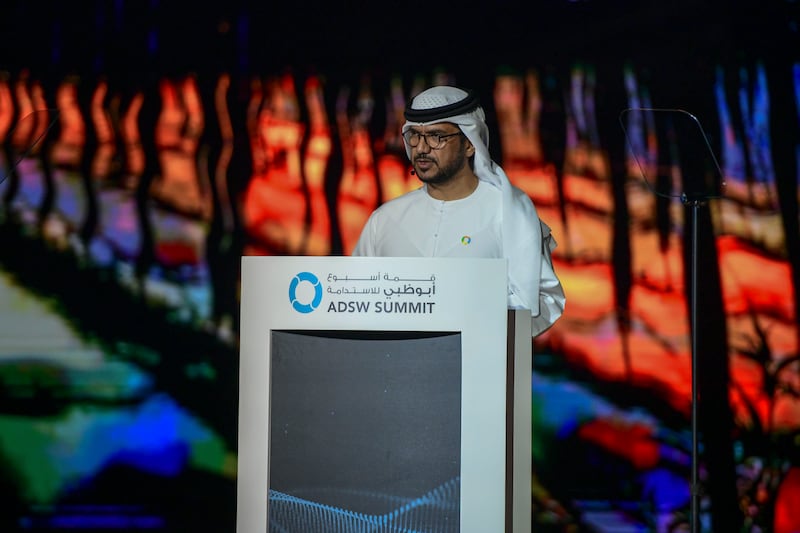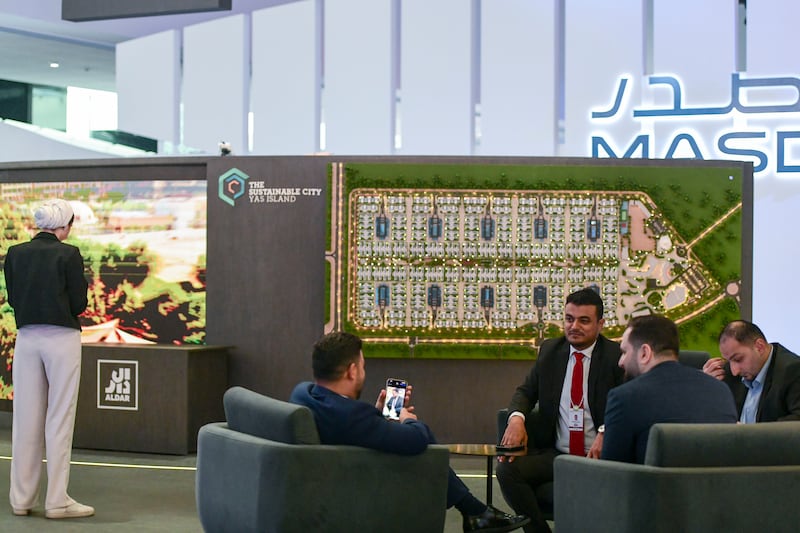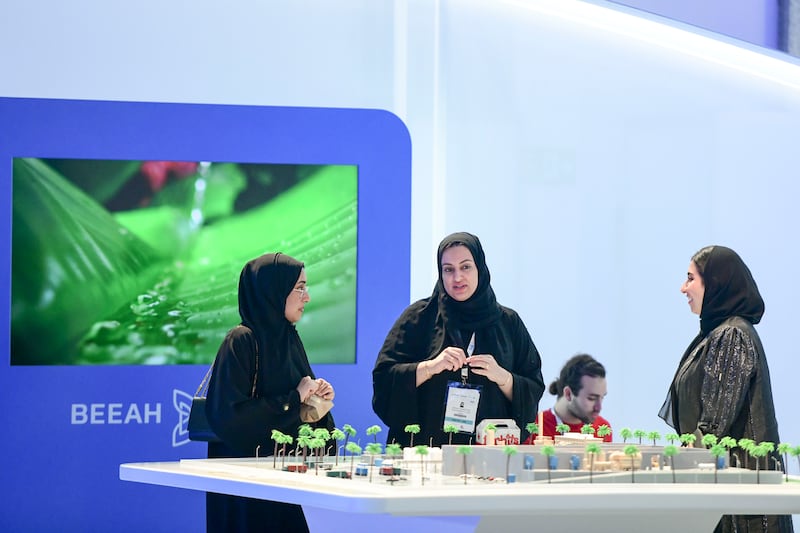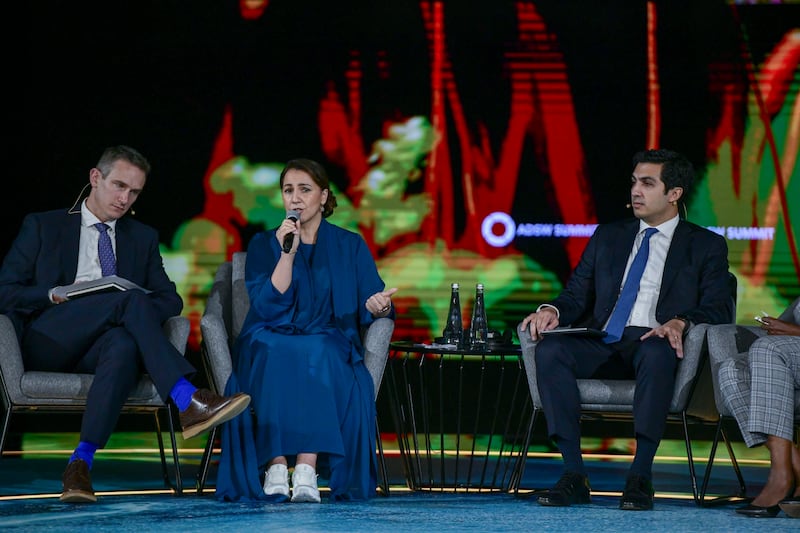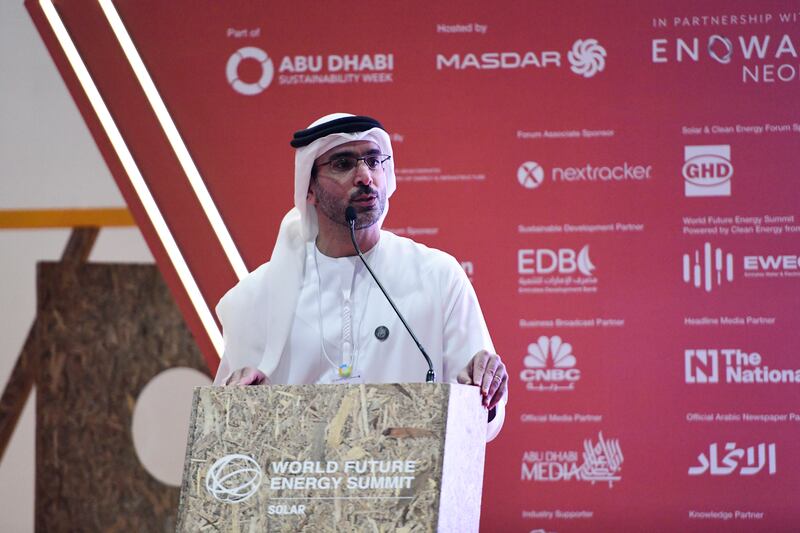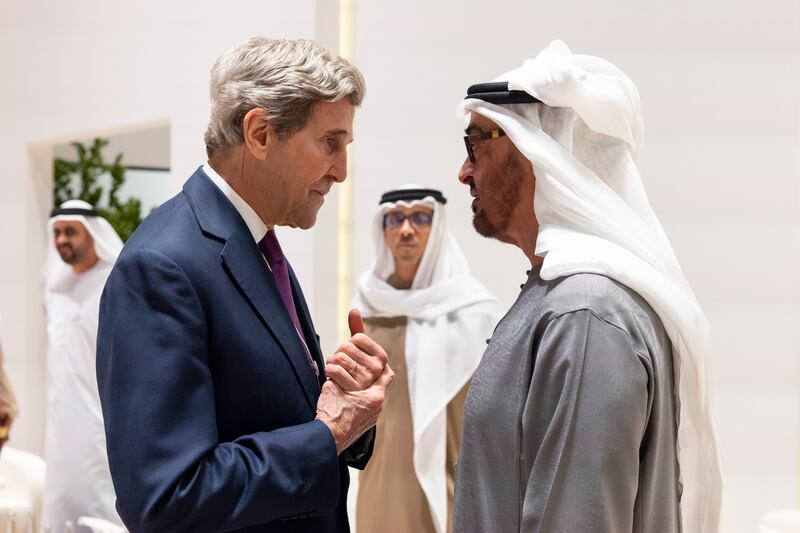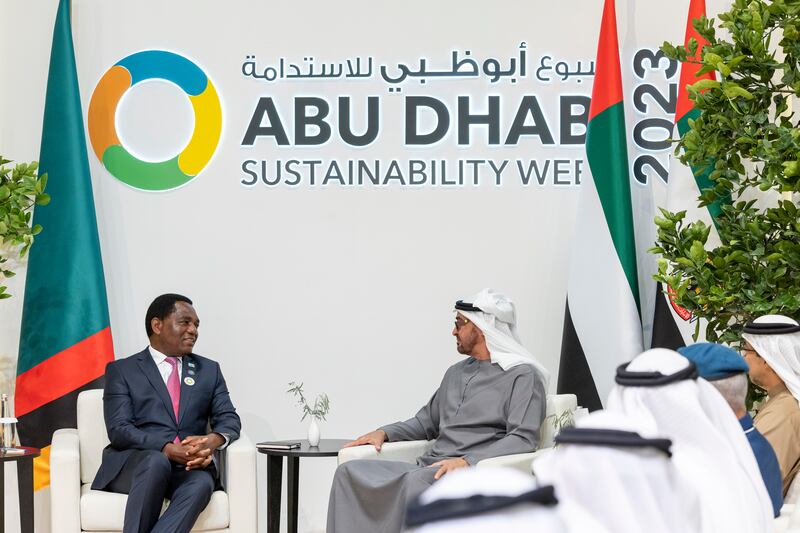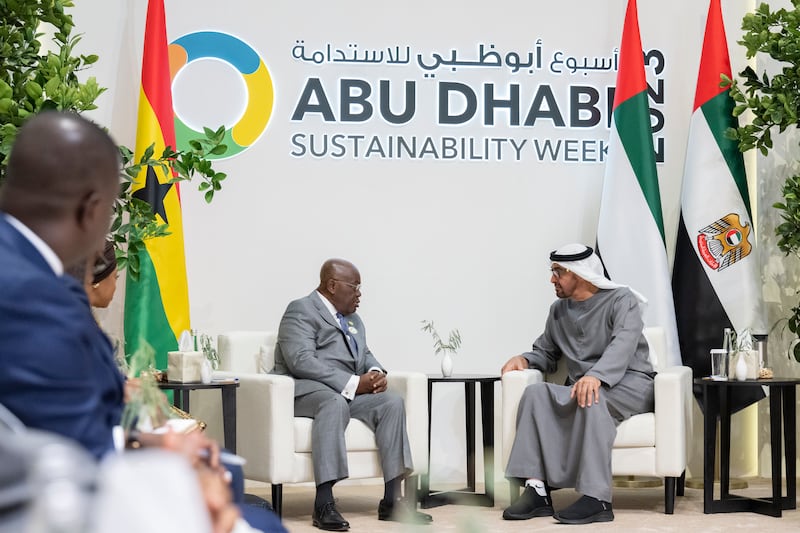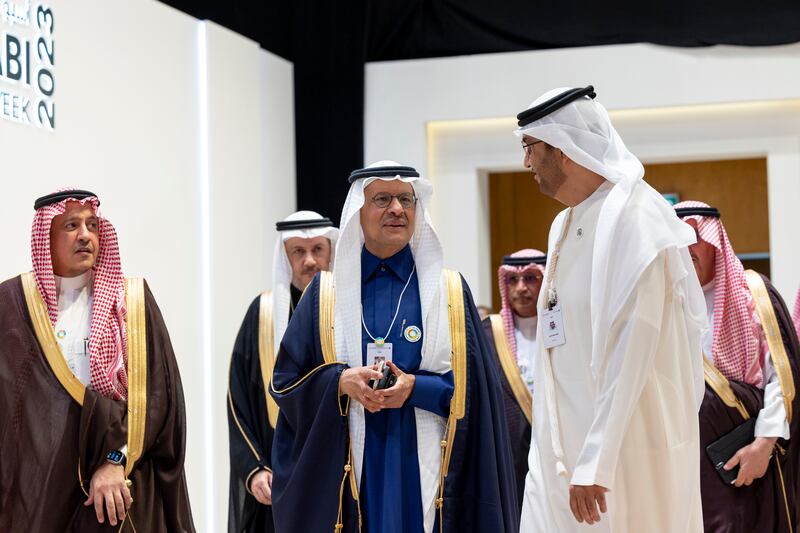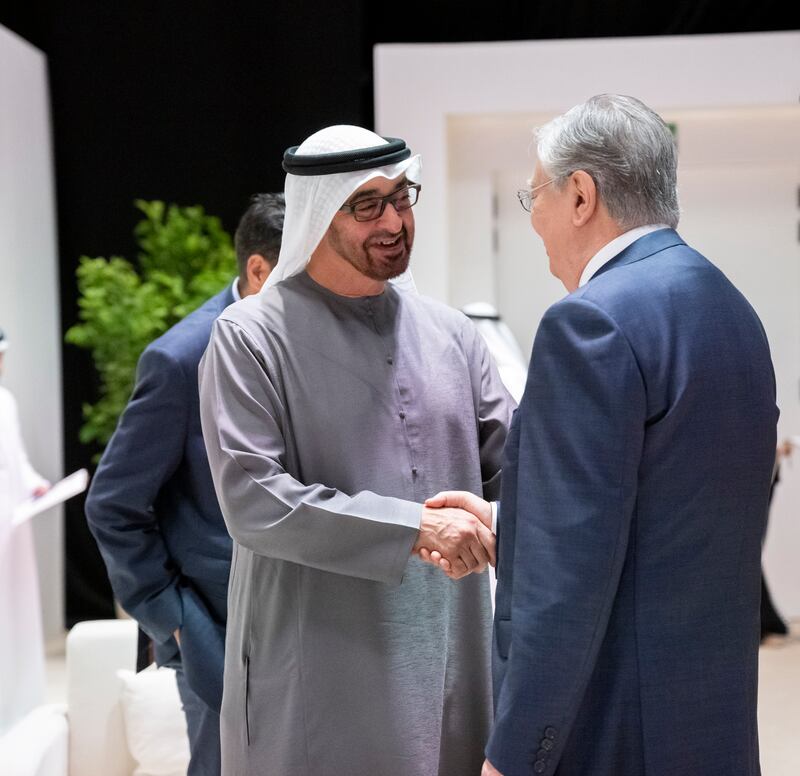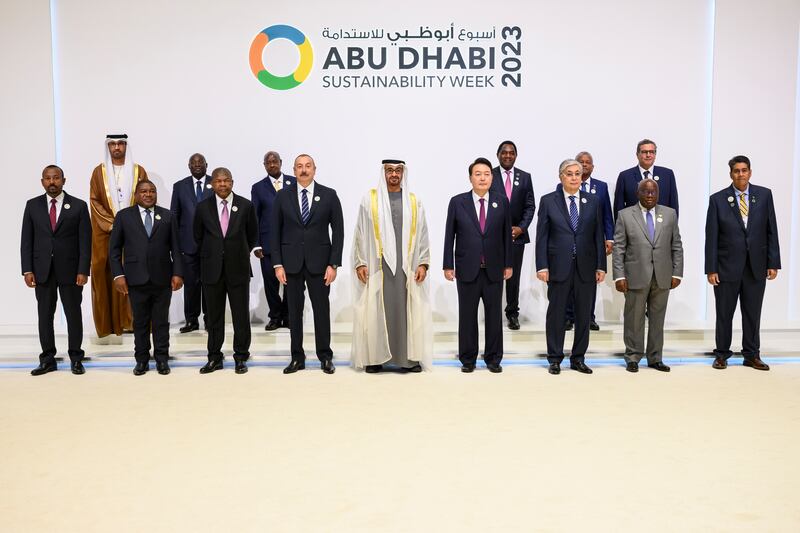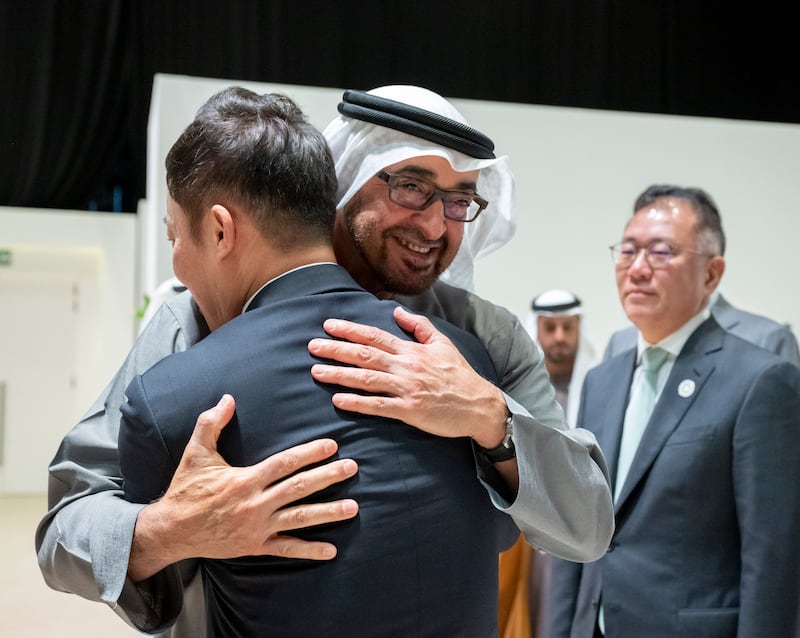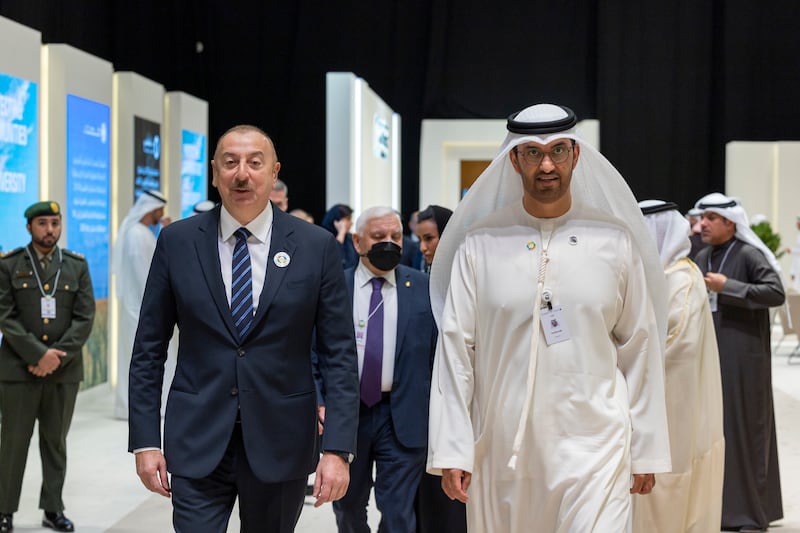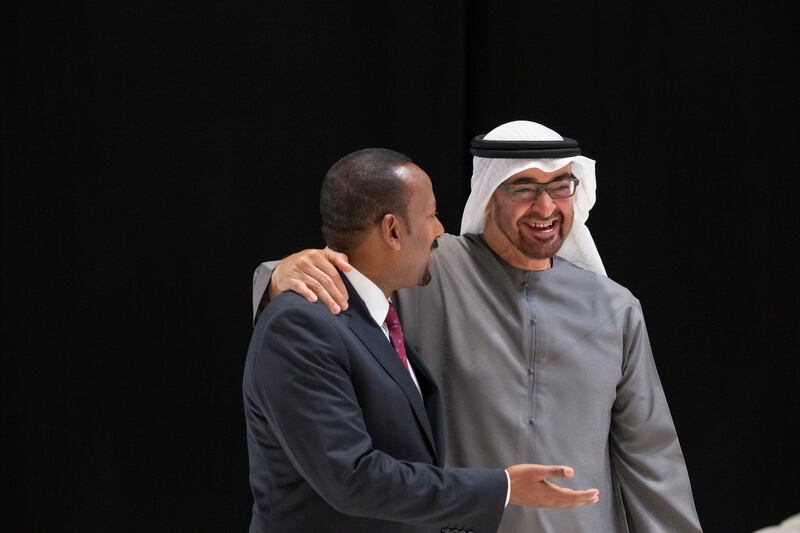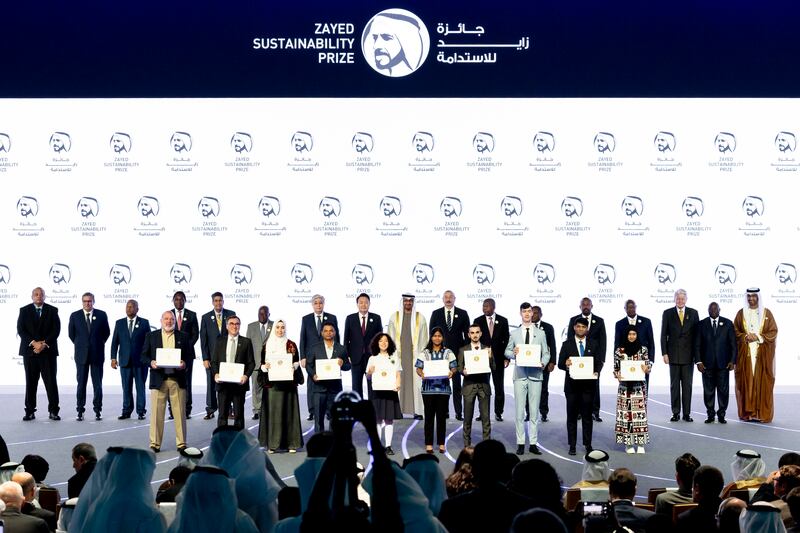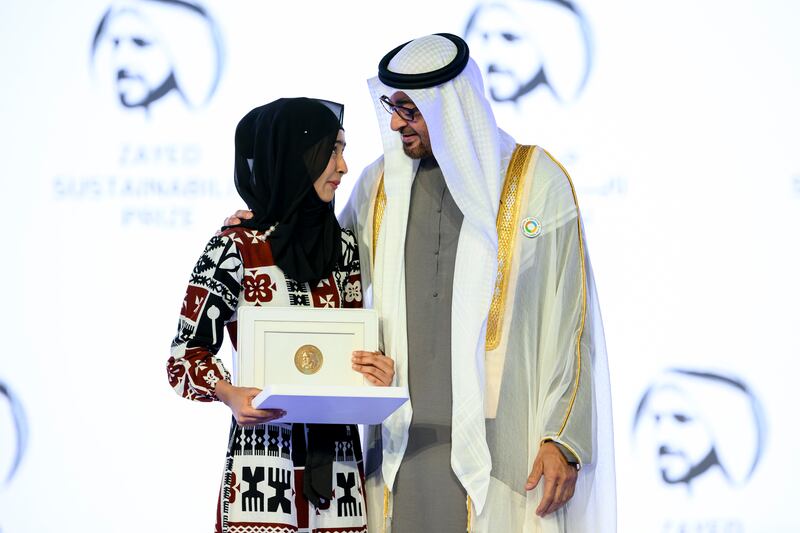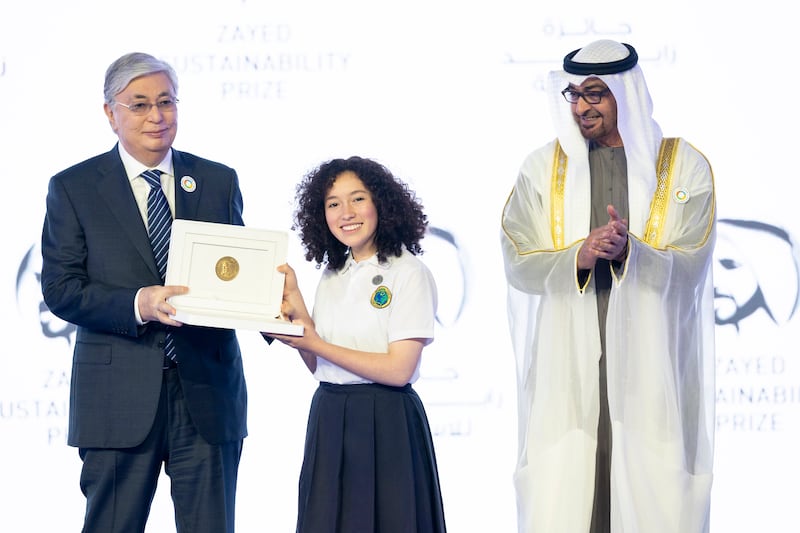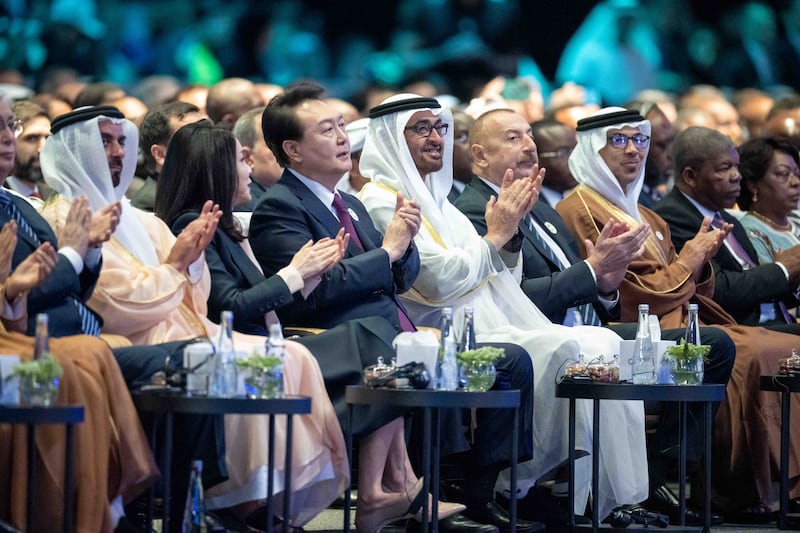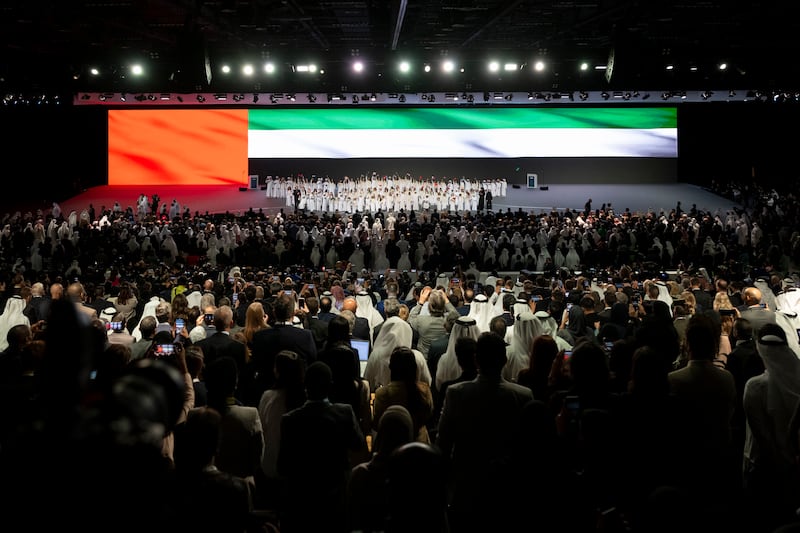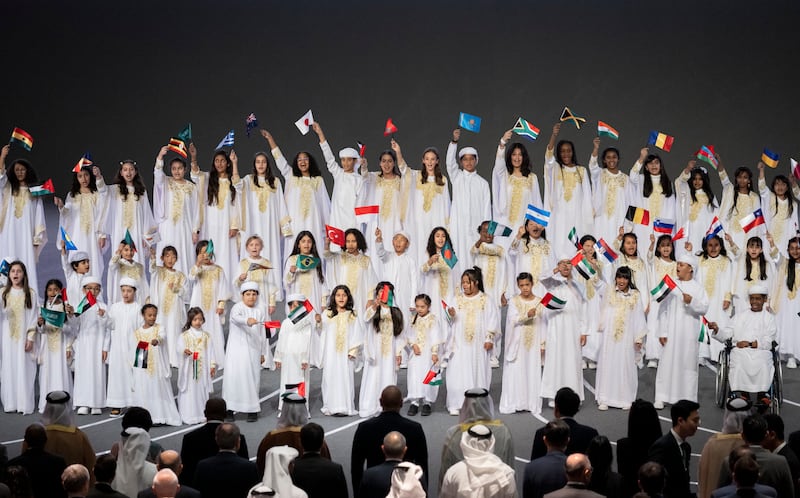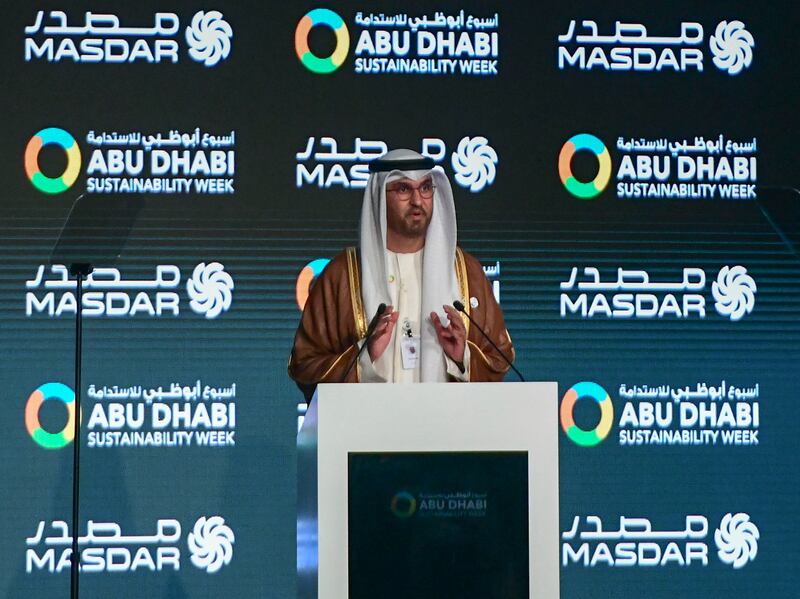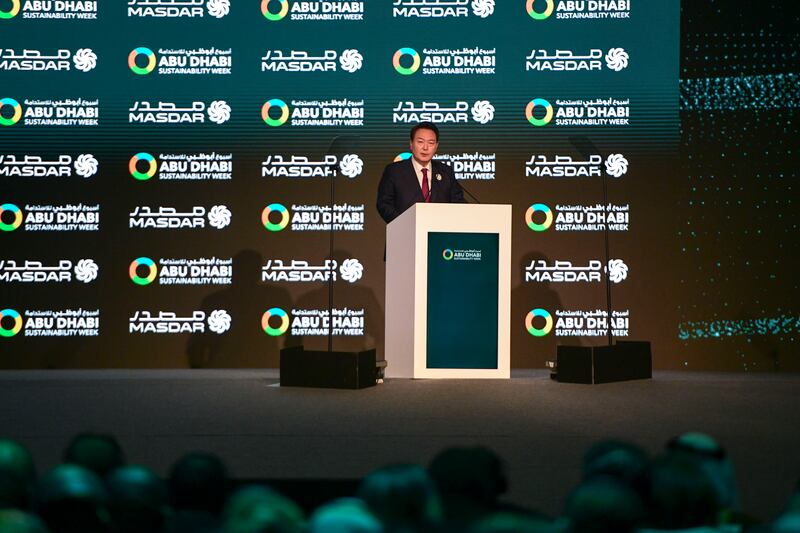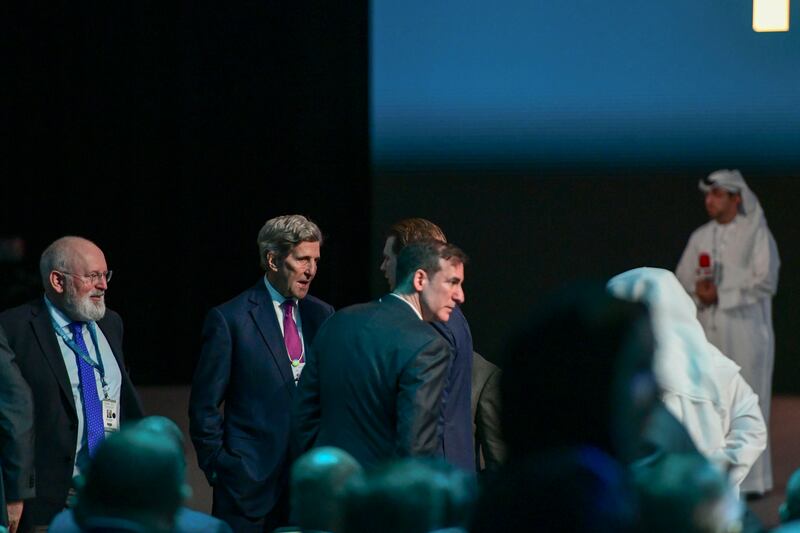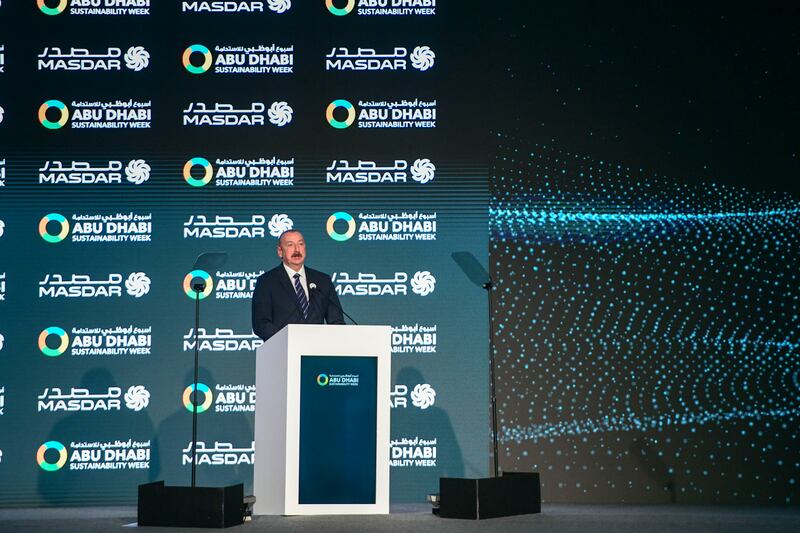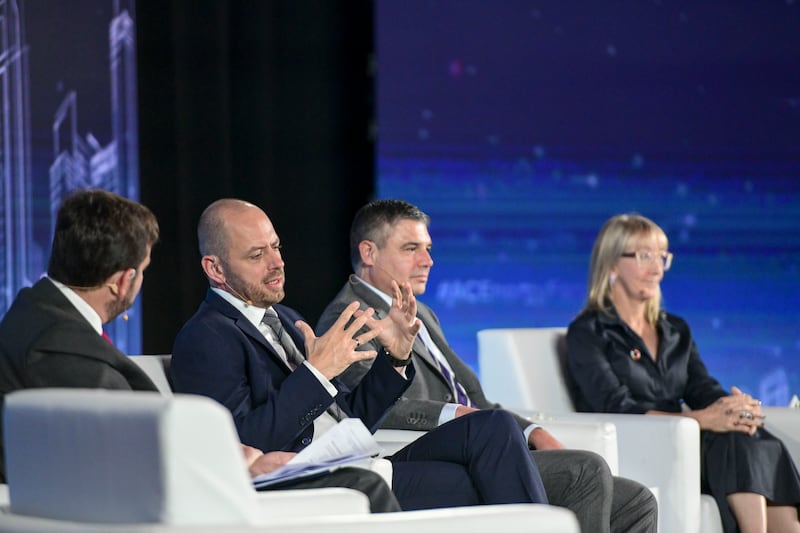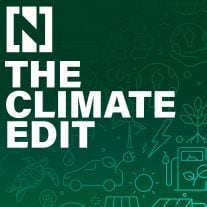From artificial intelligence-supported energy grids to clean cooling systems for small businesses, finalists in the Zayed Sustainability Prize energy category are trying to bring hope to communities that need it most.
Three businesses are competing to scoop the main prize that will be announced on December 1 at the Cop28 climate talks in Dubai.
There are six categories: health, food, energy, water, climate action and global high schools.
Since the prize was established in 2008, 106 winners have helped 378 million people through sustainability solutions and school projects.
The prize has a total of $3.6 million up for grabs, with $600,000 going to the energy category winner.
Here The National profiles the three finalists in the category, who are trying to ensure access to affordable and reliable clean energy.
Clean mini-grids
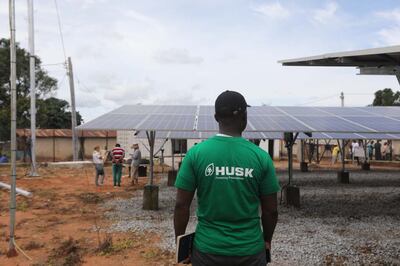
Husk Power Systems aims to transform lives in rural Asia and Africa through 100 per cent renewable mini-power grids.
It established its first rural clean energy mini-grid in India in 2008 and since then it has operated them in more than 200 communities and reached half a million people.
“Husk works in some of the most challenging regions in the world and, due to the complexity of electrifying rural communities, finding a viable business model has been a journey of trial and error,” said Manoj Sinha, its chief executive.
Electrifying remote villages
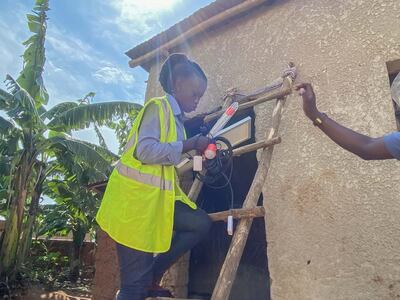
Hundreds of millions of people are without access to electricity in Africa, the UN has said. Ignite Power, headquartered in Rwanda, uses a pay-as-you-go model to offer affordable access to clean electricity in the most remote villages across sub-Saharan Africa.
Its service includes systems for households, small businesses, solar irrigation and health facilities. It says the company aids about 2.5 million people.
“Once you see the immense impact that one solar system or one solar irrigation system has on a family, when you see the kids smile when the light goes on, you are forever motivated to keep going, to take on the challenges, to reach as many people as possible, and to constantly innovate and find new solutions,” said Ignite Power's president, Angela Homsi.
Off-grid refrigerators
Koolboks, headquartered in France and focused on Africa, is trying to revolutionise refrigeration.
Its off-grid refrigerator is powered by renewable energy and can be bought through a lease-to-own arrangement, eliminating the need for major upfront investment.
The organisation also provides power for electronic devices and lighting solutions for African small businesses.
To date, Koolboks said it has prevented 407 tonnes of food wastage, reduced greenhouse gas emissions by 1,688 tonnes and empowered 2,081 women-owned businesses.
“Our enduring vision involves raising awareness about solar freezers to empower businesses in reducing costs, increasing profitability and minimising their environmental impact,” said Natalie Casey, chief business officer.
Special edition of Abu Dhabi Sustainability Week
The prize will be part of a special edition of Abu Dhabi Sustainability Week at Cop28.
The centrepiece will be the ADSW summit on December 4, addressing three crucial climate themes: unlocking financing, enabling the energy transition, and making business sustainable.
Cop28 runs at Expo City Dubai from November 30 to December 12.
